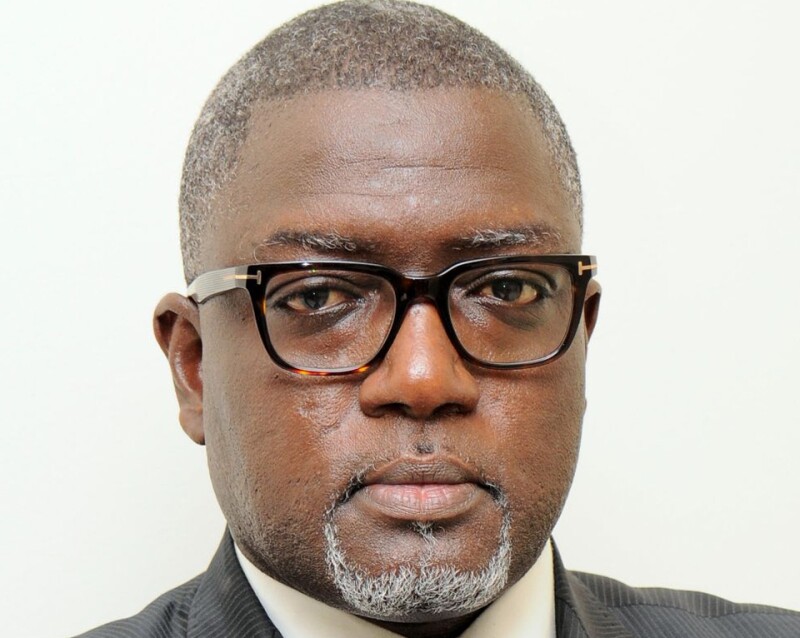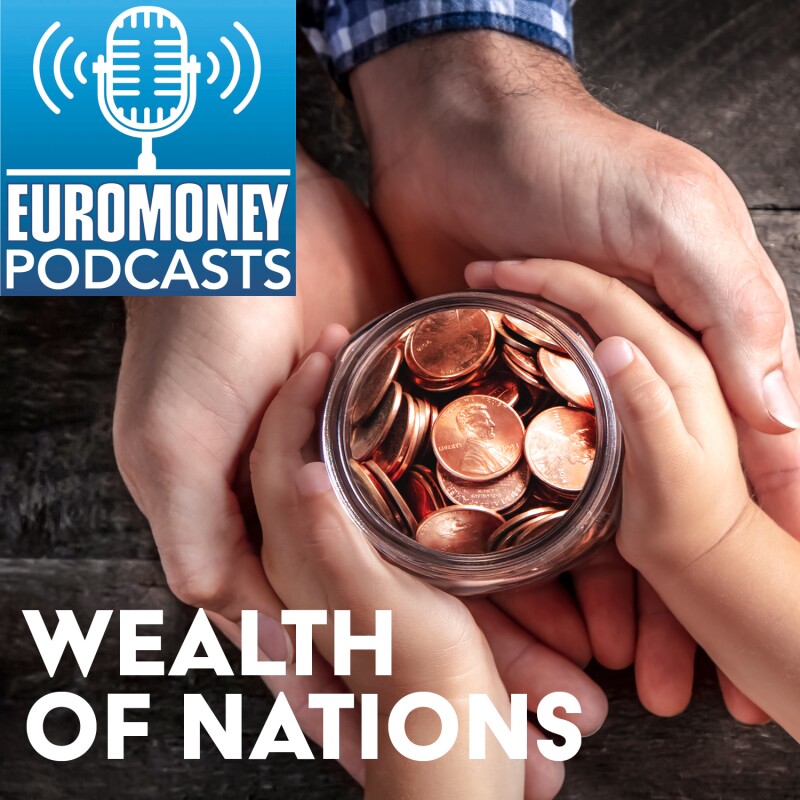
An interview with Papa Demba Diallo
Senegal’s sovereign wealth fund (SWF) is poised to build from its development fund mandate to allow greater international participation. The move is dependent on the passage of a law that should grant it a slice of the west African country’s expected oil and gas revenues.
In an interview with Euromoney, Papa Demba Diallo, CEO of Fonds Souverain d’Investissements Stratégiques (Fonsis), explains that under the proposed law, proceeds from the oil and gas industry in Senegal will go into three baskets. One is the national budget; another is the stabilization fund, which is what exists today; and the third is a new generation fund, which invests in a diversified range of assets for the future.
Diallo says the precise figures for each will depend on recovery from Covid and the budget required to do so, “but we can say between 10% and 20%, no more than 20%, would be a reasonable guess” for the contribution to the generation fund.
That will then be invested in assets in much the same way as Abu Dhabi’s ADIA and Singapore’s GIC invests: public equity, fixed income, real estate and alternatives, Diallo says. He also specifically mentions private equity.
There is a great deal of potential here: Senegal’s Grand Tortue Ahmeyim gas field development is expected to start producing gas in 2023. In the first stage of a $4.8 billion joint project between BP and Kosmos Energy, 2.5 million tons of liquefied natural gas per year and 70 million cubic feet of natural gas per day are expected to be produced, shared equally between Senegal and neighbouring Mauritania.
But, as Diallo says, “if you don’t do the present, you will have no future to worry about,” and while the generation fund awaits legislative backing, the existing fund is proving itself one of the most interesting in Africa.
SME focus
Fonsis became operational in 2014, fully owned by the state, and it has a mandate to attract private investment to co-invest in developing projects. It has a particular focus on small and medium-sized enterprises (SMEs) across all sectors.
“Small and medium enterprises are 99% of the enterprises in Senegal,” Diallo says. In the law creating Fonsis, it was explicitly stated that at least 20% of resources go into SMEs.
Fonsis targets five sectors specifically: agribusiness; water and energy; health and pharma; infrastructure and transport; and industry. Then, across sectors, there is a sixth category, perhaps the most interesting: funds.
The idea here is that Fonsis sets up sector-specific funds alongside strategic partners to support SMEs.
We have to say to people that the present and the future is Africa
One example is the Fonds PME Agri-Nord, which invests in SMEs specializing in agricultural services in the Senegal River Valley. It invests in equity in these companies and helps them enhance their investment, debt and governance capabilities.
Another is the WE! Fund, developed jointly with UN Capital Development Fund (UNCDF), investing in gender-sensitive projects that have a positive impact on the economic empowerment of women.
A third is Teranga Capital, a generalist fund dedicated to Senegalese and Gambian SMEs with high-growth potential. It is an impact fund, with its mandate linked to the UN Sustainable Development Goals (SDGs), and Fonsis is an anchor investor within it.
As these funds develop, fund management becomes an area of expertise in its own right for Senegal. “We have a fund-of-funds approach,” Diallo says. “Our mission is to develop our sectors, and private capital investment is a sector.” Each is assigned a fund manager and eventually the idea is that these funds will be taken out of Fonsis entirely. “So, it’s a kind of spin-off,” he adds.
The next example will be Oyass Capital, which is envisaged as a €110 million fund for SME investment in Senegal, €30 million of it coming from Fonsis, with co-financing from the World Bank, and development in partnership with Germany’s KfW. It is intended that 51% of this fund will come from the private sector.
Renewable energy
Another fund in development is the Renewable Energy and Energy Efficiency Fund (REEF).
Renewable energy has become an area of notable progress for Fonsis. The Senegalese government has set a target of having 30% renewable energy in the electricity mix by 2025. This is a big target that will get progressively harder given the pace of the population’s expansion: Senegal has a population of 17 million, but Diallo says it will take only 42 years from now to hit 50 million.
Fonsis invested in its first solar investment, a 30MW plant called Senergy, in 2016, with the plant becoming operational the next year. It was a notable deal that allowed for reform of the independent power producer model with the participation of the private sector under a sovereign guarantee.
Three more have followed, the last two – Kael Solar and Kahone Solar – under the Scaling Solar initiative that Senegal has developed with the International Finance Corporation (IFC). Fonsis now owns 120MW of solar energy, more than half of the country’s whole capacity in this area.
The challenge you have is not about having a market. It’s about execution
That most recent deal also illustrates the leverage Fonsis hopes to create: it holds 20% in the project company managing the concession, with Meridiam and Engie, both French private sector groups, holding 40% apiece.
All told, Diallo puts Fonsis’s total assets today, in terms of the value of its investments and funds, at CFA768 billion ($1.32 billion).
Fonsis operates under three separate levels of governance – as a private company; a sovereign wealth fund (and signatory to the Santiago Principles); and as a state organization – but Diallo says it is still a challenge that people internationally consider all African states the same, associating them with war.
This is a sentiment that Euromoney has also heard from Uche Orji at the Nigeria Sovereign Investment Authority. Diallo says: “So, we have to define and say who we really are, what are countries are about, and what we have to offer.”
In this respect, he argues, Senegal has a lot to offer. He speaks of the three Ps – population, place and peace – as pillars supporting a roof, democracy. Besides, he thinks the market offered by African states cannot be ignored.
“We have to say to people that the present and the future is Africa,” says Diallo. “We are a very good proxy, an anchor investor and anchor partner. You take any sector, the market is here.
“So, the challenge you have is not about having a market. It’s about execution.”

